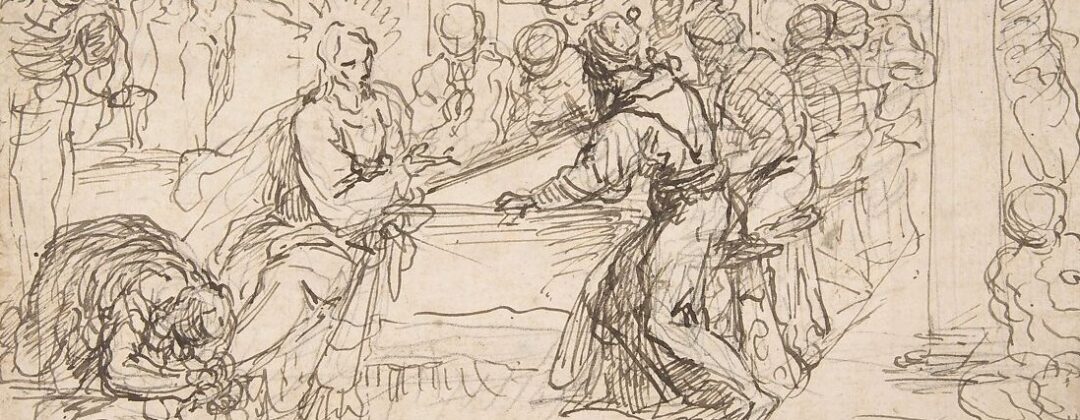Fairy tales, then, are not responsible for producing in children fear, or any of the shapes of fear; fairy tales do not give the child the idea of the evil or the ugly; that is in the child already, because it is in the world already. Fairy tales do not give the child his first idea of bogey. What fairy tales give the child is his first clear idea of the possible defeat of bogey. The baby has known the dragon intimately ever since he had an imagination. What the fairy tale provides for him is a St. George to kill the dragon. Exactly what the fairy tale does is this: it accustoms him for a series of clear pictures to the idea that these limitless terrors had a limit, that these shapeless enemies have enemies in the knights of God, that there is something in the universe more mystical than darkness, and stronger than strong fear.
—G. K. Chesterton, Tremendous Trifles (1909), XVII: “The Red Angel”
I thought of this quote as I read N. D. Wilson’s recent essay “Why I Write Scary Stories for Children.” Wilson has much the same message, except that in his case, it comes as a product of his own experience as a parent.
I write violent stories. I write dark stories. I write them for my own children, and I write them for yours. And when the topic comes up with a radio host or a mom or a teacher in a hallway, the explanation is simple. Every kid in every classroom, every kid in a bunk bed frantically reading by flashlight, every latchkey kid and every helicoptered kid, every single mortal child is growing into a life story in a world full of dangers and beauties. Every one will have struggles and ultimately, every one will face death and loss.
There is absolutely a time and a place for The Pokey Little Puppy and Barnyard Dance, just like there’s a time and a place for footie pajamas. But as children grow, fear and danger and terror grow with them, courtesy of the world in which we live and the very real existence of shadows. The stories on which their imaginations feed should empower a courage and bravery stronger than whatever they are facing. And if what they are facing is truly and horribly awful (as is the case for too many kids), then fearless sacrificial friends walking their own fantastical (or realistic) dark roads to victory can be a very real inspiration and help. . . .
Overwhelmingly, in my own family and far beyond, the stories that land with the greatest impact are those where darkness, loss, and danger (emotional or physical) is a reality. But the goal isn’t to steer kids into stories of darkness and violence because those are the stories that grip readers. The goal is to put the darkness in its place.
Wilson tells the story of his oldest child, who at the age of 7 was given screaming nightmares by an illustration in The Lion, the Witch, and the Wardrobe of the vile creatures that served the White Witch. Rather than trying to protect his son from his own imagination, he decided (with some trepidation) “to try [to] embolden his subconscious mind.”
I carried my son into my office and downloaded an old version of Quake—a first-person shooter video game with nasty, snarling aliens 10 times worse than anything drawn by Pauline. I put my son on my lap with his finger on the button that fired our pixelated shotgun, and we raced through the first level, blasting every monster and villain away. Then we high-fived, I pitched him a quick story about himself as a monster hunter, and then I prayed with him and tucked him back into bed. A bit bashfully, I admitted to my wife what I had just done—hoping I wouldn’t regret it.
I didn’t. The nightmare never shook him again.
We do no one any favors when we try to protect them from the darkness of this world.Read more→





















